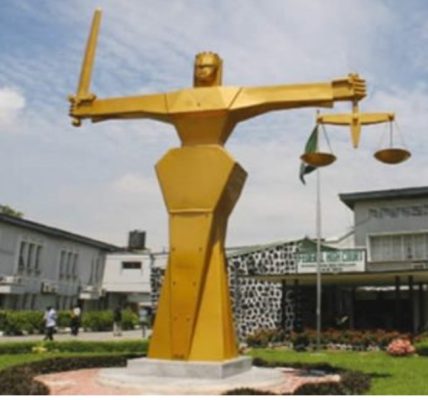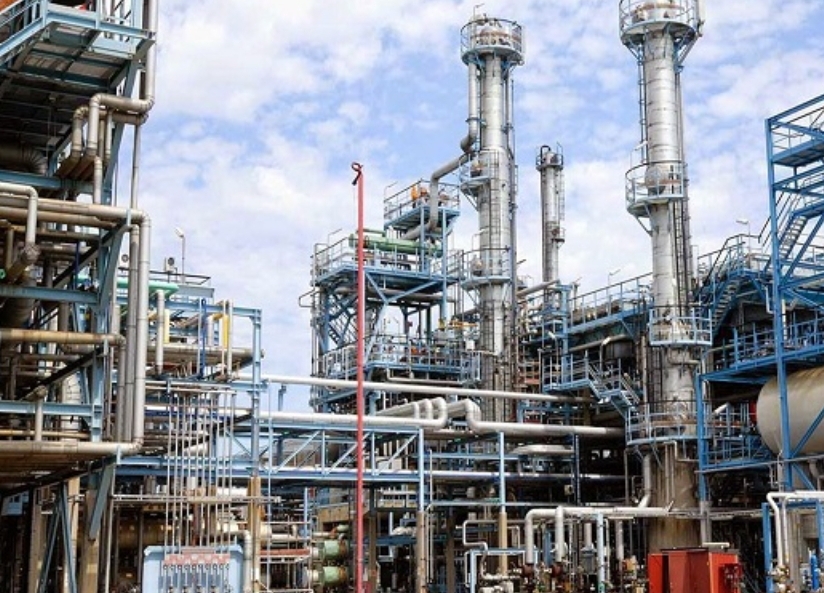The Independent National Electoral Commission (INEC) has explained why it may not be feasible for the commission to relocate its offices located within the premises of local government councils across the country.
Chairman of the Commission, Prof Mahmood Yakubu, who spoke at a meeting with the House Committee on Electoral Matters, said the major source of funds for the commission is the General Election budget which follows the electoral cycle and comes only once in four years.
The meeting between the commission and the House Committee arose from the resolution of the House asking the commission to relocate its offices located in local government headquarters across the country and the subsequent summon to brief the House on the number of Local Government Area offices still located within the premises of Local Government Secretariats across the States of the Federation as well as the Commission plan to relocate them.
Prof Yakubu said: “Not many Nigerians are aware that the Commission manages extensive physical assets across the country. These include 774 functional LGA offices, 37 State offices, the Commission’s national headquarters (and annexe), the Electoral institute, 8 zonal/sub-zonal stores, and residential quarters for Commission members and the 37 Resident Electoral Commissioners (RECs).
In all, the Commission maintains over 860 buildings. In addition to the requirements for routine maintenance, some of them are periodically attacked and/or vandalised. The cost of maintenance and reconstruction is huge. The major source of funds is the General Election budget which follows the electoral cycle and comes only once in four years.
Furthermore, availability of land in some parts of the country, particularly the interface between the community and government is a major challenge.”
Read Also: Obasanjo, INEC and need for a balanced review of Nigeria’s elections
He said there was the need for continuous interaction with the state governments and communities to make unencumbered and suitably located land or existing structures available for construction or conversion to our LGA offices, adding that members of parliament can also be of help in this regard.
He also said there was a need to make an annual budget for the commission for the construction and maintenance of physical assets instead of the periodic provision tied to electoral cycles.
Speaking further, the INEC boss said: “As part of the previous transitional arrangements from military to a democratic system of government, military Governors in the various states were directed to make offices available to the electoral commission in the State capitals and Local Government Areas. In most of the States, it was found convenient to provide a few rooms in the existing Local Government secretariats for that purpose.
Following the democratic transition, some opposition parties and candidates complained that in some instances, officials of the LGAs often denied them access to the Commission’s offices during election and electoral activities such as voter registration, collation of election results, and other electoral responsibilities vested in the Commission by law.
In response to these complaints, the Commission began to relocate the offices from the LGA secretariats to locations accessible to all citizens.
“Over the years, the Commission designed the prototype of its LGA offices and relocated some of them to guarantee unimpeded access. So far, 715 (92.4%) offices have been relocated from LGA secretariat nationwide.
In Secretariats with a large expanse of land, the Commission constructed its own offices within the premises. Perimeter fences were erected to physically separate the offices from the LGA Secretariats, including the provision of separate entrances accessible to the public. The Commission has been working hard to ensure the relocation of the remaining 59 (7.6%) offices.”
©CDA News





